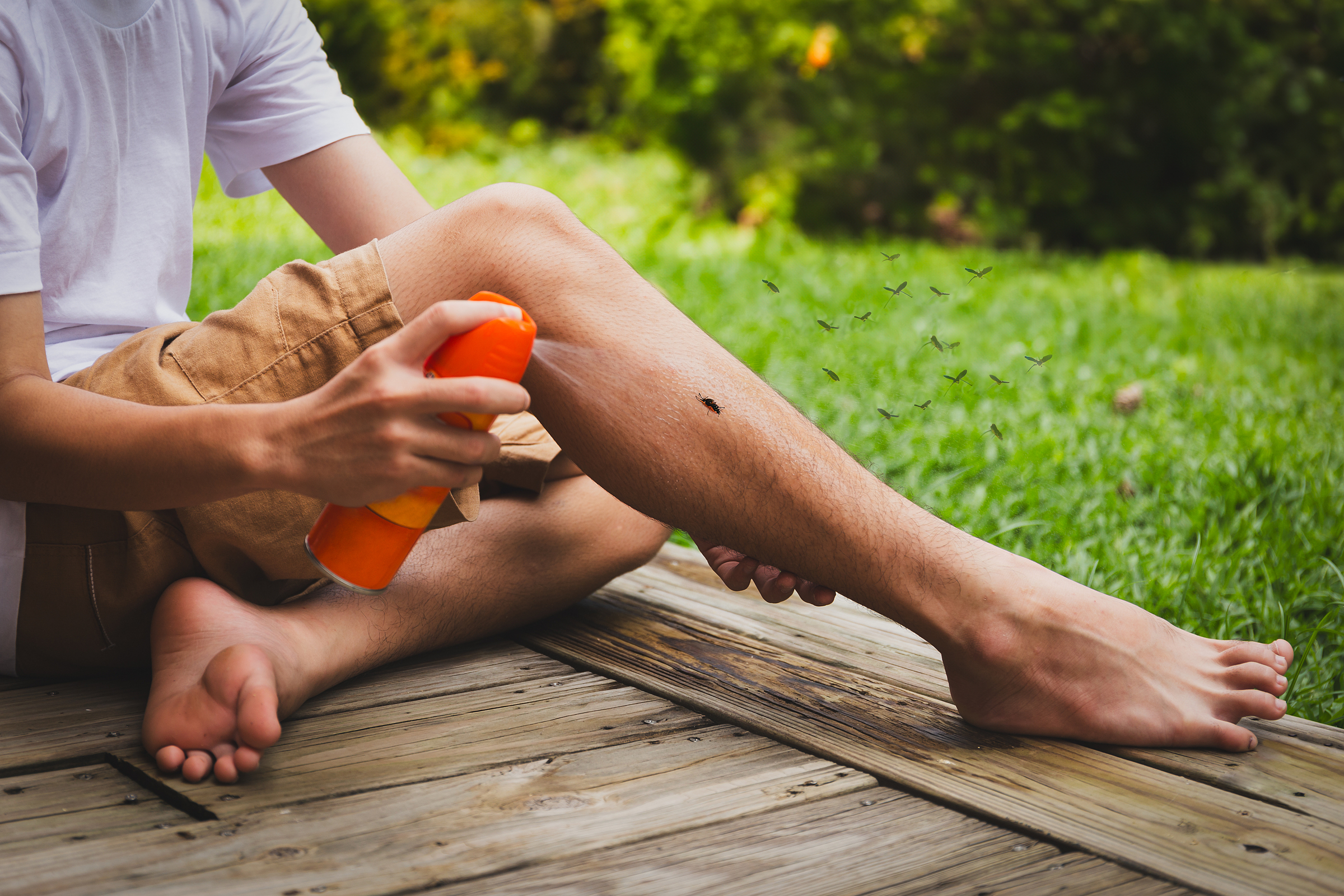Answer:
Japanese encephalitis is an acute infectious disease caused by the Japanese encephalitis virus. It is transmitted to humans through the bite of infected mosquitoes, primarily Culex mosquitoes, after they have fed on infected wild birds and livestock such as pigs, buffalo, and cattle. While Japanese encephalitis is more common in children under 15, anyone can contract the disease, including adults.
For example, the National Hospital for Tropical Diseases in late June treated patients aged 18-20 with Japanese encephalitis. Symptoms included high fever, drowsiness, impaired consciousness, and muscle weakness requiring ventilation and prolonged treatment. This demonstrates that even healthy individuals are at risk of contracting and experiencing severe complications from Japanese encephalitis if they are not vaccinated or haven't received booster shots.
Symptoms of Japanese encephalitis typically include sudden high fever, headache (especially in the forehead), abdominal pain, nausea, vomiting, seizures, lethargy, and potential confusion, loss of consciousness, or coma. Without prompt diagnosis and treatment, the mortality rate can reach 30%. Up to 50% of survivors experience serious long-term complications such as deafness, paralysis, mental disorders, movement disorders, and impaired communication.
 |
Mosquitoes can carry Japanese encephalitis and transmit it to adults. Illustration: Vecteezy |
Mosquitoes can carry Japanese encephalitis and transmit it to adults. Illustration: Vecteezy
To prevent the disease, you should visit your nearest vaccination center for specific advice. Three Japanese encephalitis vaccines are currently available for adults in Vietnam through vaccination services: Jevax (Vietnam), Jeev (India), and Imojev (Japan). A doctor will recommend the appropriate vaccine and schedule based on your vaccination history.
To further reduce your risk, protect yourself from mosquito bites. Keep your home clean and well-ventilated, eliminate standing water in buckets and containers, locate livestock pens away from living areas, sleep under mosquito nets (even during the day), use mosquito repellent, and wear long-sleeved clothing outdoors.
You should also consider vaccinations for dengue fever and respiratory illnesses such as influenza, pneumococcal disease, diphtheria, pertussis, chickenpox, and meningococcal disease to protect your overall health.
Doctor Ha Manh Cuong
Medical Manager, VNVC Vaccination System
Readers can submit vaccine-related questions for doctors to answer here.












